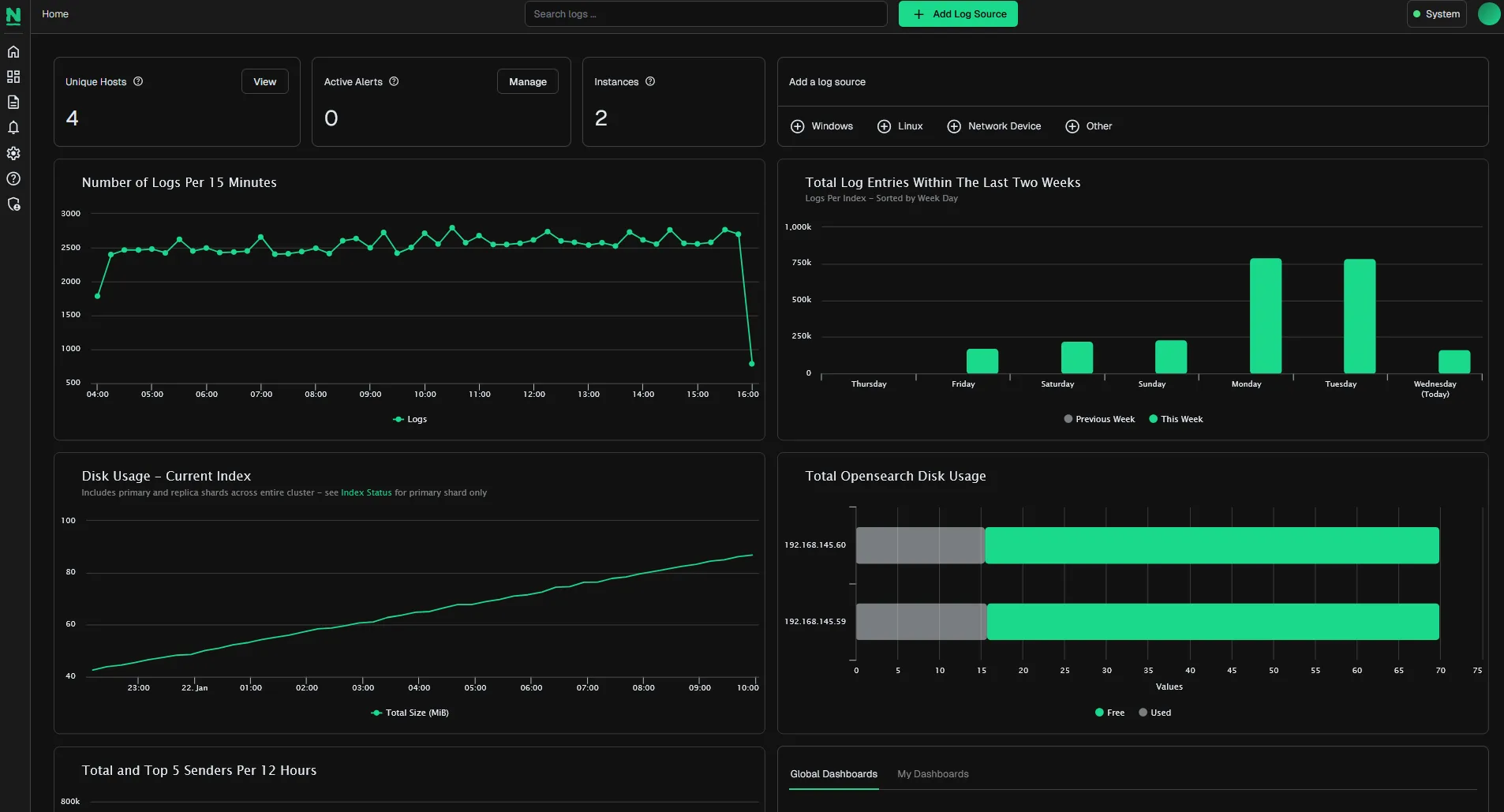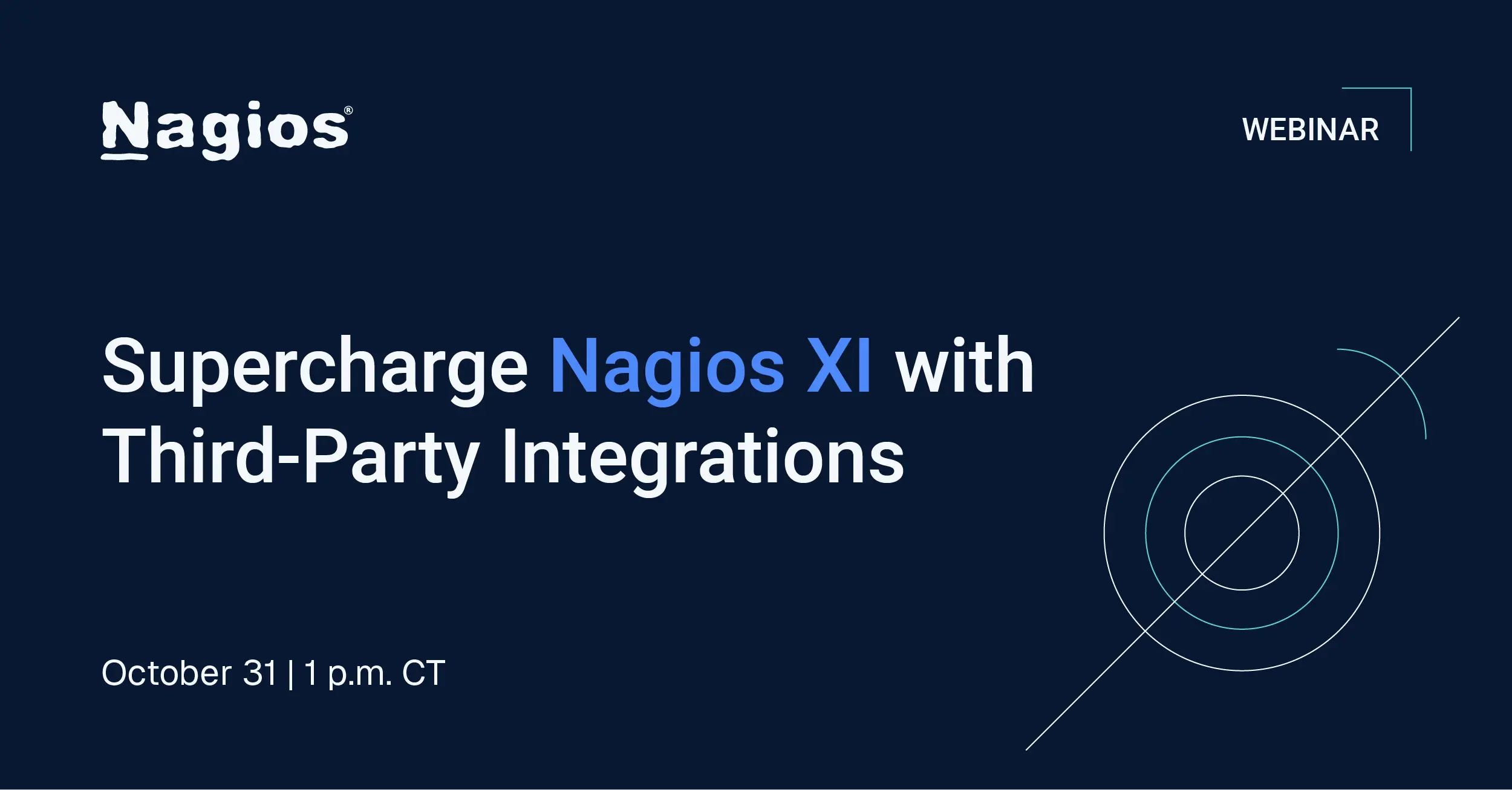From IT to Business: Using Nagios XI Host Groups Strategically
This webinar will teach you how to maximize the value of Nagios XI Host groups, streamline configuration, and gain clearer insights into system health. Learn
NCPA is a cross-platform monitoring agent that runs on Windows, Linux/Unix, and Mac OS/X machines. Its features include both active and passive checks, remote management, and a local monitoring interface. NCPA checks are run using the powerful check API, which provides endpoints that Nagios uses to check CPU, memory, interfaces, processes, services, user counts, Windows performance counters, and more.
NCPA is written in Python and is able to run on almost any operating system. We build official binaries for Windows, Mac OS X, and various Linux distributions.
Both types of checks can utilize API endpoints and custom plugins. Active checks can be run using the check_ncpa.py Nagios plugin. Passive checks can be sent to any NRDP server.
Using the Web GUI, you can browse the API, configure, read the docs, view system information, and generate graphs.
Adding your own custom plugins to NCPA means you can easily run your Nagios-compatible plugins any way you want via the API, as an active check or a passive check.
One of the key features of NCPA is the ability to graph most general server statistics in real time.
We compile and bundle all the required dependencies for NCPA into libraries to create a single installable agent. This includes Python and all the modules required.
Ask any questions you have here and one of our representatives will get back to you shortly.
This webinar will teach you how to maximize the value of Nagios XI Host groups, streamline configuration, and gain clearer insights into system health. Learn

This webinar will cover how you can migrate to the latest version of Log Server, the differences and similarities between the old and new interfaces,

Extend the capabilities of Nagios XI with integrations, including popular third-party integrations, how to install integrations, and where to make your own integrations.
Nagios, the Nagios logo, and Nagios graphics are the servicemarks, trademarks, or registered trademarks owned by Nagios Enterprises. All other servicemarks and trademarks are the property of their respective owner. Website Copyright © 2009-2025 Nagios Enterprises, LLC. All rights reserved.